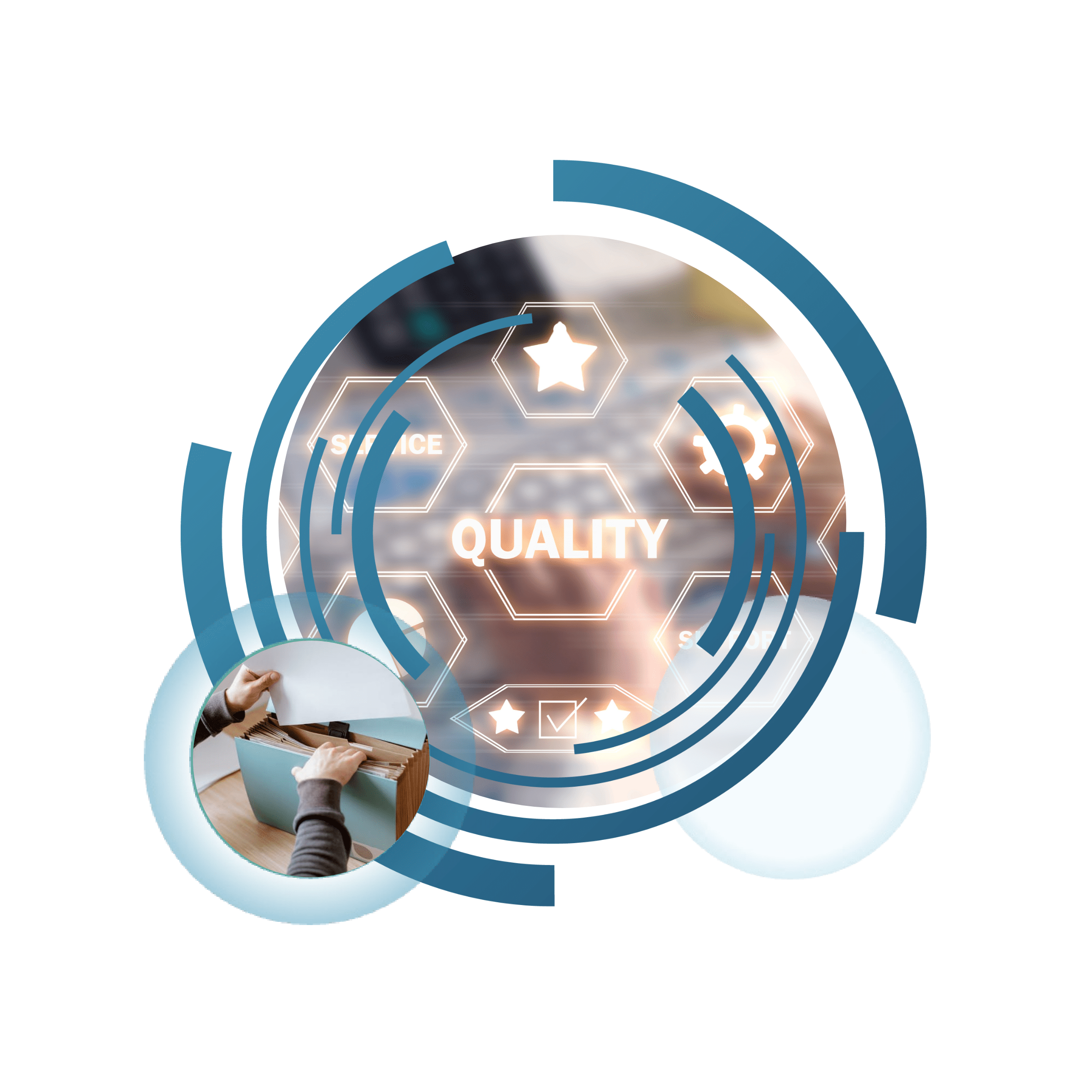What is a Quality Management System (QMS)?
Quality Management System Definition
A quality management system (QMS) is a set of processes, workflows, and documents to help organizations achieve their quality objectives. Quality management systems help coordinate all activities while also providing automation to help improve productivity and ensure nothing gets missed. Digitizing this process eliminates the errors that often come with paper-based processes, making promoting quality within the organization more straightforward.



